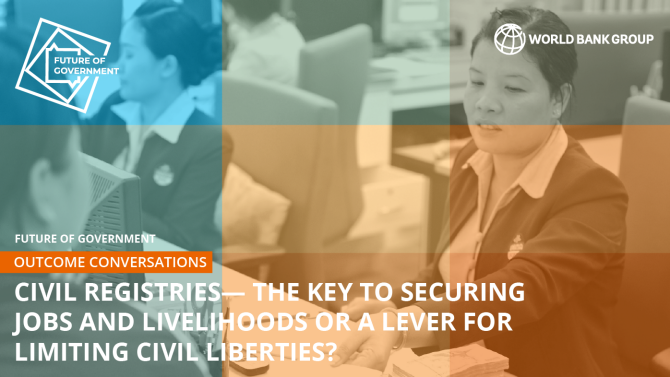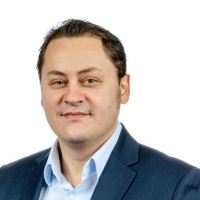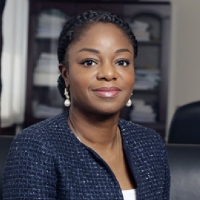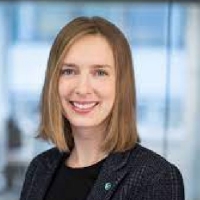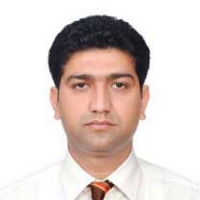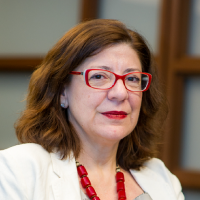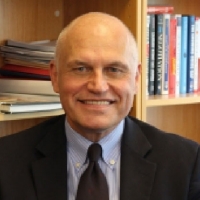In the 21st century, many governments have failed to create jobs quickly enough to absorb the large number of labor market entrants. This challenge will only increase in the future, and has been further complicated by the COVID pandemic. Improved understanding of the informal sector is key to better targeting policies and social programs as well as to efficiently transferring funds to those most in need.
This conversation discussed three critical lists that governments need to maintain to achieve progress: a civil registry that records births and deaths connected to a trusted (electronic) identification system to enable social safety programs; land cadasters, which determine the undisputed owners of land; and business registries that track the productive assets in a country. How can governments protect property, administer social protection, secure property rights or tax citizens and firms fairly? What is the role of the government and stakeholders in gathering and managing data? What are the incentives involved? How can the risks of personal data being used to restrict civil liberties be addressed? Watch a replay now.
